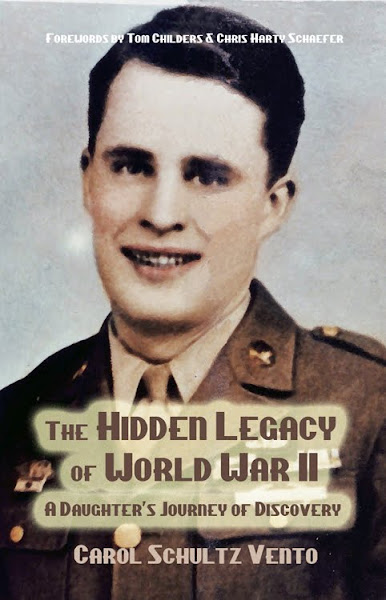http://www.sunjournal.com/story/185009-3/MaineNews/World_War_II_vets_learning_to_not_suffer_in_silence/
At this Maine vet center, there are support groups for surviving veterans of past and current wars. There are 2 groups for WWII veterans who are now in their 80s. Many of them have been living with unexpressed trauma for decades. Mental health programs were not available to anyone except Vietnam era veterans at the vet centers until 1991. A debt of gratitude is owed to the Vietnam vets for bringing the issue of war trauma to the forefront. The WWII vets were a product of the era where men had difficulty asking for help for emotional issues, because society would consider them to be weak.
Sunday, March 25, 2007
Saturday, March 17, 2007
A Nurse's Perspective on PTSD in the Aging WWII Combat Vet
In a 2003 American Journal of Nursing article, Charles Kaiman discusses the therapy group he ran for elderly WWII veterans with delayed onset PTSD. Aging can cause the intrusive memories, survivior's guilt and unresolved grief of the combat vet to appear after many years of repression. Exacerbation of PTSD in elderly veterans is common. This should be taken seriously since there are many generations of combat veterans following their WWII fathers and grandfathers in having to deal with effects of combat.
Saturday, March 3, 2007
How PTSD Affects the Veteran's Children
Children of vets with PTSD have often been ignored in discussion of the issue. Some research has been conducted - mainly on children of Vietnam vets - that is probably applicable to children of combat vets of other wars. There are a number of mechanisms used by the children: over-identification with the PTSD affected parent; secondary traumatization; a rescuer role; depression and anxiety. These children are at greater risk for behavior, academic and interepersonal problems. Jennifer Price, Ph.D. has developed a fact sheet for the National Center for PTSD that explores some of these problems.
Subscribe to:
Posts (Atom)
